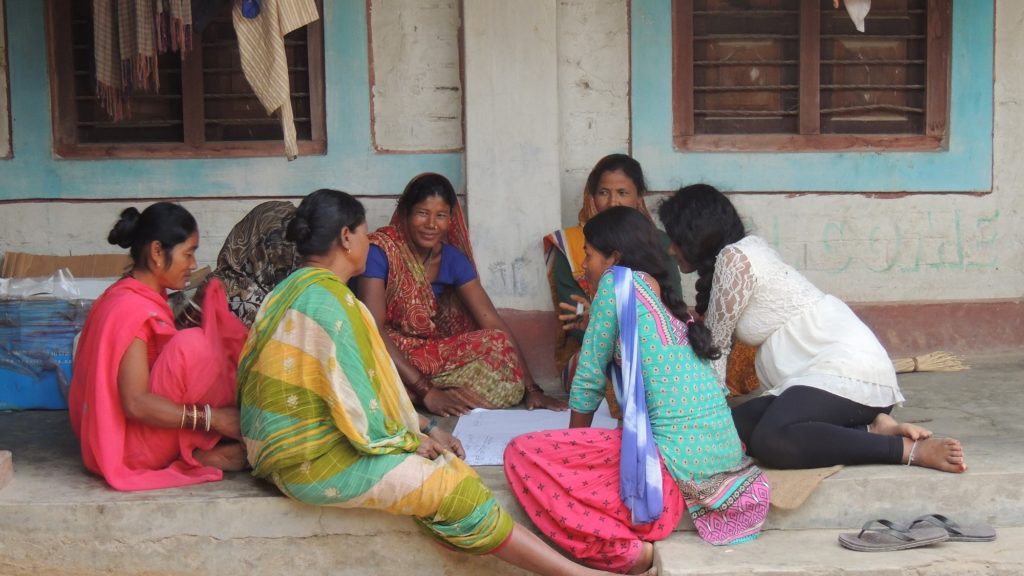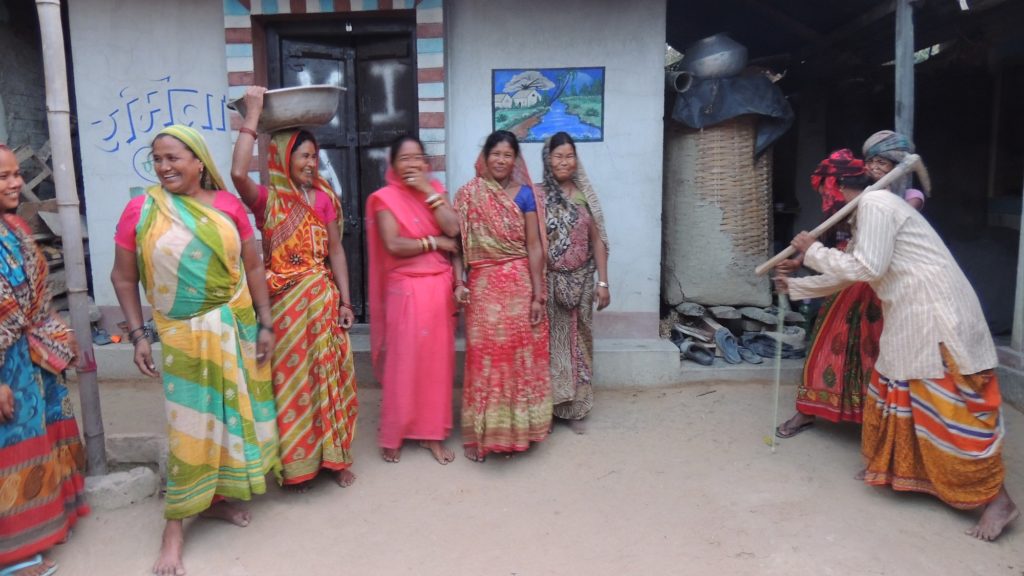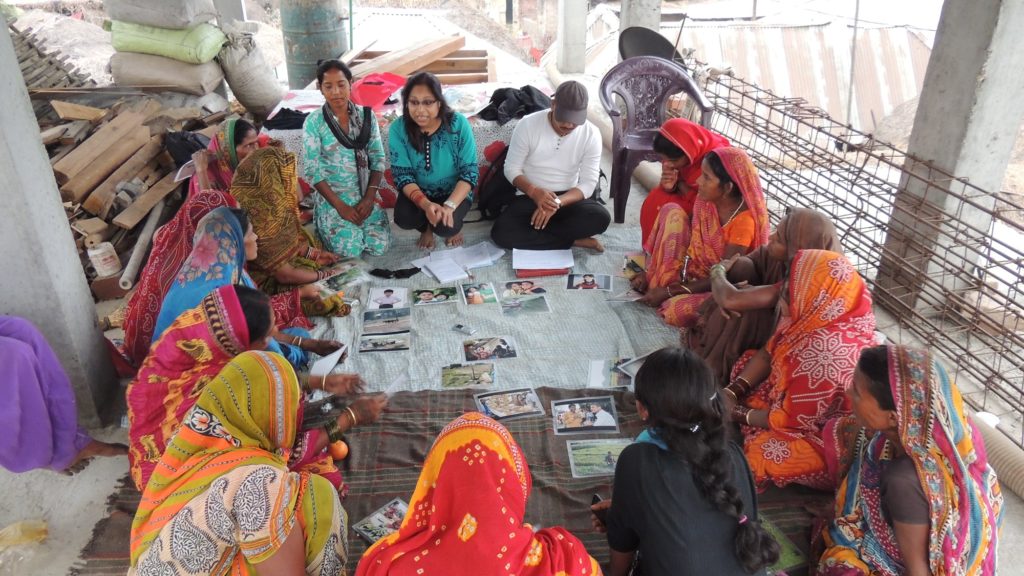This content was originally published on the “Thrive” blog of the CGIAR Research Program Water, Land and Ecosystems?
For years now, gender equality has been one of the central objectives of international development. The 2030 Agenda has a separate goal dedicated to achieving gender equality (SDG 5), and it cuts through all the 17 SDGs. However, studies on how to promote equal gender relations among smallholder farmers remain scarce. For change to happen, everyday development and research practice must shift towards more inclusive and gender-equal community engagements.
A journal article titled ’Transformative Engagements with Gender Relations in Agriculture and Water Governance,’ written by Stephanie Leder, Gitta Shrestha and Dipika Das, explores opportunities to promote empathy and critical consciousness related to gender norms, roles and relations in agriculture and water resource management. The article is part of a special issue ’Water Security and Inclusive Water Governance in the Himalayas’ in the journal ’New Angle – the Nepal Journal of Social Science and Public Policy.’
Women still face severe inequalities in access to and control over agricultural production and natural resources and are often left out of decision-making processes. Considering this, researchers at the International Water Management Institute (IWMI), supported by WLE, developed a gender training (Leder et al, 2016) for female and male farmers involved in community and development projects. The training builds on theoretical and empirically grounded approaches and uses open dialogue to promote participatory community engagement. The supporting research and training methods used are discussed in the new paper.
The training methods combined the principles of ’critical pedagogy’ (Freire, 1996) and ’transformative practice’ (Leder, 2018) – offering participants a safe space for discussion and reflection on gender perceptions within their own cultural contexts, without the imposition of ’western’ views on gender relations. First implemented across six villages in Nepal and India, the training consisted of groups of 12 farmers. The training was tested with four female groups, one male group and seven mixed gender groups.
Gender, empathy and bargaining
A key highlight of the training is the promotion of empathy, and the principle of ’bargaining.’ Bargaining can be defined as an act of negotiation through the use of power to achieve an outcome (Martin, 1992). Women smallholders, however, often have low bargaining power because of gender norms and structural disadvantages such as lower literacy levels. In agriculture, this could limit women’s ability to negotiate favorable market prices or make self-determined choices related to farm income or produce.
To demonstrate how gender norms influence bargaining, the training uses a role-play activity that switched genders. The farmers played the role of the other gender in a specific scene, for example, to discuss women’s burden of daily household chores and agricultural tasks or landlord-tenant negotiations. This role-play activity promotes creativity and at the same time examines how women and men perceive the other gender, with the aim of generating empathy towards those with weaker bargaining power. The farmers also discuss in two picture-based activities how gender relations influence the everyday life of women and men.


